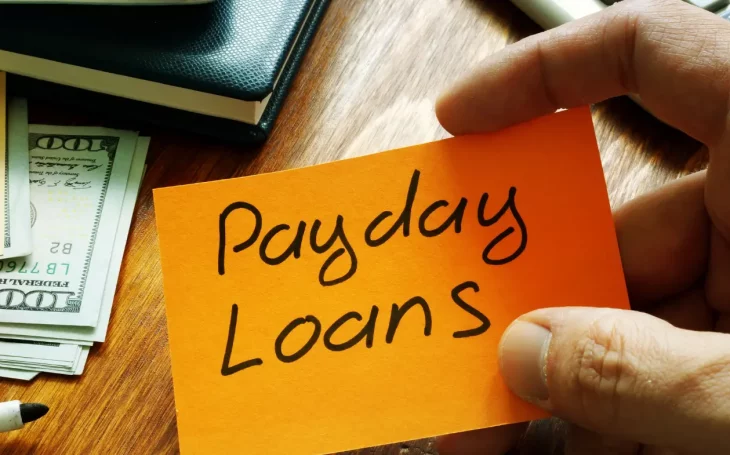
Understanding Insurance Types: A Guide to Constructive Total Loss
Have you ever wondered what happens when your car is too damaged to fix?
Some accidents can leave a vehicle in very bad shape. In those cases, fixing it may cost more than it’s worth. When that happens, insurance has a special name for it.
If you’re curious about how it all works, read on. Below, we’ll be talking more about insurance types.
Collision Insurance
Collision insurance helps when your car gets damaged in a crash. It can cover repair costs if you hit another car or a solid object. Things can get tricky if the damage is too bad to fix.
In those cases, your car may be called a total loss. That’s when you’ll want to know what happens after declaring a constructive total loss.
The steps can feel confusing at first, but it helps to know what to expect. It makes the whole process easier to follow and less stressful.
Comprehensive Insurance
Comprehensive insurance can help when damage happens outside of a crash. This includes things that happen without you driving into something. If your car gets badly damaged and costs too much to fix, it may count as a constructive total loss.
That means the cost to fix it is higher than what it’s worth. In cases like that, your insurance may step in to help.
It’s good to know how this works before something big happens. Being prepared helps when things get hard to handle or understand.
Liability Insurance
Liability insurance mainly helps when you cause harm to others while driving. It covers damage you do to people or their property during an accident. It usually does not pay for your own car’s damage or loss.
Still, if your car ends up as a constructive total loss, the other driver’s insurance may pay instead. That depends on who caused the crash in the first place.
Knowing what your plan covers makes a huge difference later on. Things go smoother when you already know what to expect.
Personal Injury Protection
Personal injury protection, or PIP, helps pay medical bills after an accident. It covers things like doctor visits, lost pay, and care after a crash. If your car gets declared a constructive total loss, PIP won’t pay for the car itself.
It helps with your injuries so you don’t carry the cost alone. Some people also use it to cover things they need while they heal.
It’s not about the car but about keeping you steady after things go wrong. That kind of help can make a hard time easier.
Uninsured Motorist Coverage
Uninsured motorist coverage protects you if someone hits your car and has no insurance. It also helps when the other person’s insurance cannot cover the damage.
If your car becomes a constructive total loss, this coverage may help pay for it. You won’t need to cover the full cost alone, which can ease your stress.
Having this kind of backup can make you feel safer while driving. It gives you support when things go wrong and no one else can pay for the damage.
Know More About Insurance Types Available to You
Knowing how insurance works can help you feel more ready for problems. When things go wrong, it’s good to know what to expect. You can make better choices when you understand what each term means.
It may seem hard at first, but it gets easier. Take your time, ask questions, and learn what you need to stay safe and protected.
Did you find this article helpful? Then check out our blog for more advice, tips, and insights!
Popular Categories





